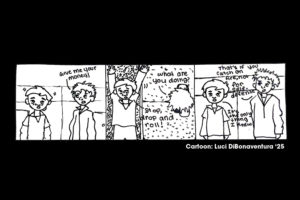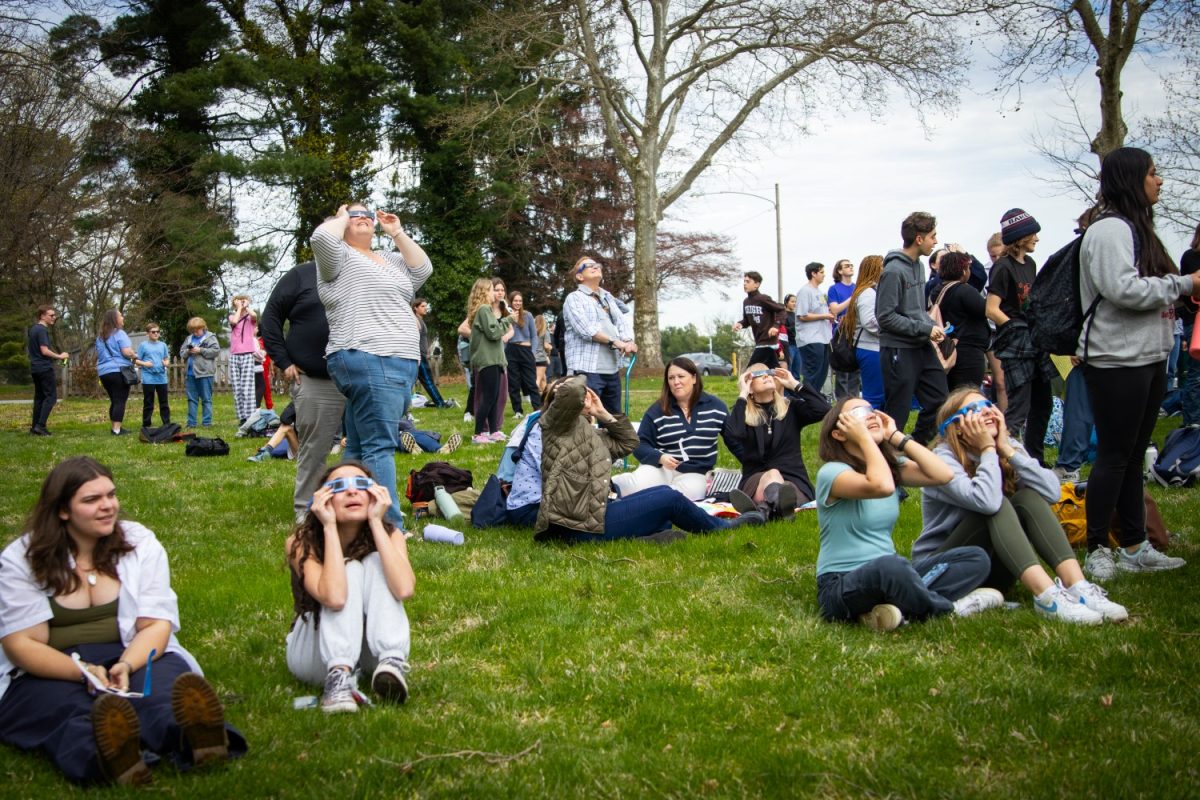Nuclear energy, while not a new source of renewable energy, has been gaining popularity because of its ability to create safe, and reliable energy.
Nuclear energy, by definition, is the form of energy that originates from the nucleus of an atom. Utilizing the concept of nuclear fission, when the nucleus of an atom is split into smaller components, a large amount of energy is released. This new energy is used to generate heat and steam. The steam is then used to turn a turbine, which powers a generator to produce electricity.
There are many uses for nuclear energy in modern-day society. As it gains popularity, it becomes more widespread in countries like our own and others worldwide.
Nuclear power plants, when measured, generate a large quantity of electrical energy used in the US. In 2020, nuclear energy generated enough electricity worldwide to power 178,710,000 homes for a year, making it the second-largest source of low-carbon electricity, after water power, according to the International Atomic Energy Agency. In the United States, nuclear energy accounted for 19.7% of the country’s electricity production in 2020.
With nuclear energy being such a big energy producer, it makes use very widespread throughout the globe, but worries about the environment arise with this widespread use of the energy source.
According to a study conducted by Pushker A. Kharecha and James E. Hansen, nuclear energy has acted as a significant factor in ceasing the weight of 12,800,000,000 elephants’ worth of CO2 emissions since the start of the 1970s. This statistic is similar to the annual CO2 emissions deployed into the atmosphere by Europe and the United States combined. However, nuclear energy produces less air pollution compared to coal plants according to the United States Environmental Protection Agency. It also produces less waste, with nuclear waste accounting for only a small bit of the total waste produced by the industry.
Safety is the number one top priority in the nuclear industry when it comes to designing nuclear power plants. Modern power plants are designed with lots of safety systems in place to prevent accidents from occurring. According to the World Nuclear Association, the risk of a nuclear accident causing fatalities or illnesses in the general public is extremely low.
Safety concerns are minimal due to engineers designing reactors with multiple fail safes in order to prevent accidents that could be life-threatening. But some may wonder if all this even is more efficient compared to standardized energy sources.
Nuclear energy is incredibly efficient. According to the MIT Department of Nuclear Science and Engineering, a small uranium fuel pellet, which is roughly the size of a fingertip, can produce the same amount of energy as one ton of coal or 17,000 (around 3 ½ football fields) cubic feet of natural gas. Nuclear power plants require much less fuel than traditional power plants, making them cheaper in the long run.
Nuclear energy is important to consider when it comes to creating sustainable energy sources. It has the potential to produce large amounts of energy with lower air and water pollution than most conventional forms of energy production. *














